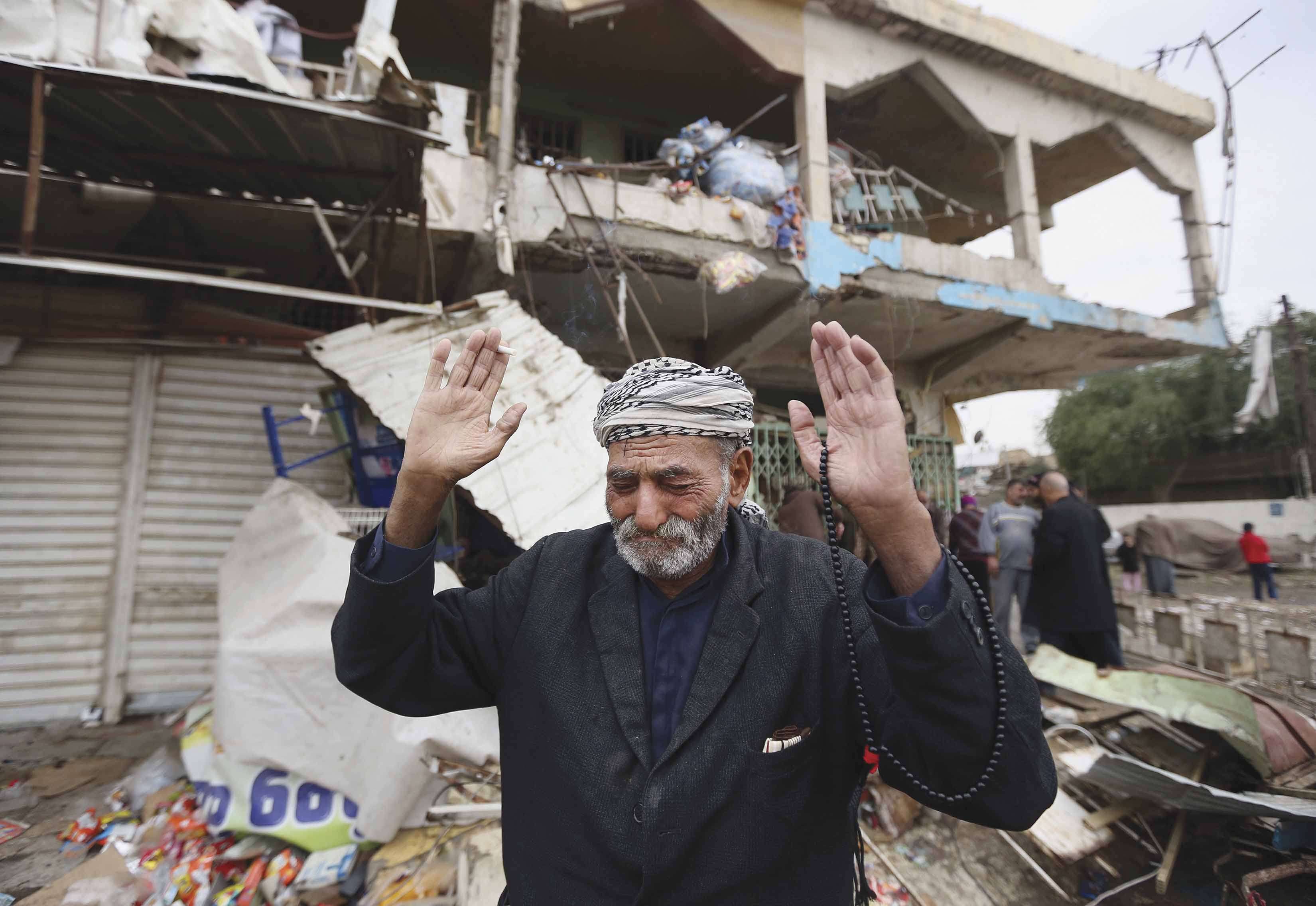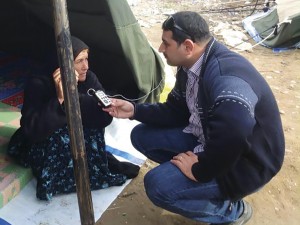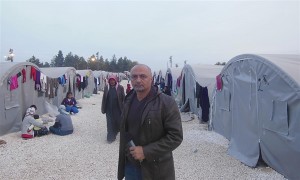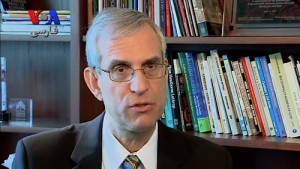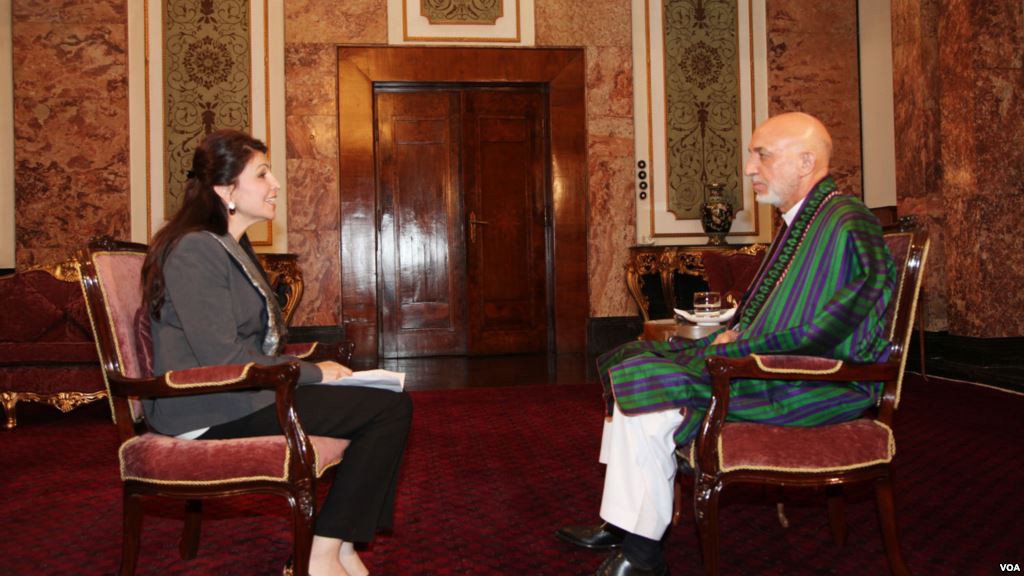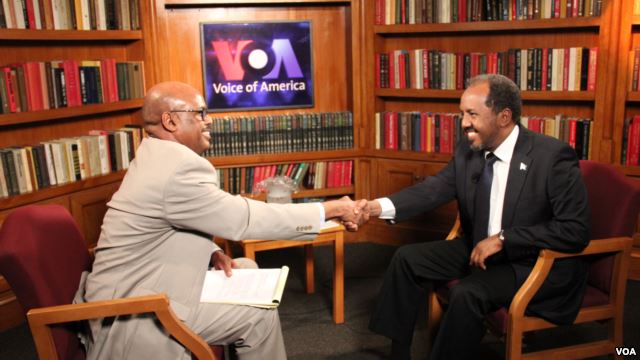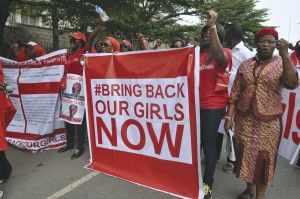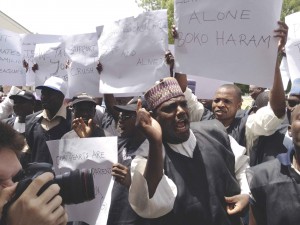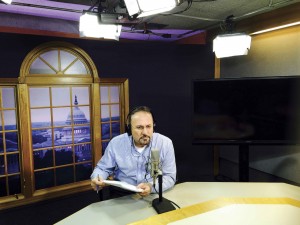According to Freedom House, fewer than 40 percent of the world’s population lives in free societies—the lowest level in nearly 15 years—while only 14 percent reside in countries with a free press. The professional, factual and locally relevant journalism of the BBG networks counters extremists’ lies and half-truths. BBG networks provide discussion of alternative avenues for conflict resolution and examine constructive means of addressing problems faced by these vulnerable populations. They are a mirror, not a mouthpiece, illustrating the United States’ democratic process, so that countries struggling to nurture their own democratic systems might learn from the American experience.
BBG networks’ high quality, on-the-ground reporting brings news, information and alternative perspectives to regions where governments or terrorist groups spread misinformation and propaganda.







